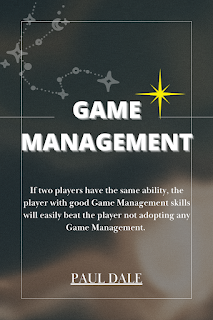DON’T TRAIN TO “FEEL BETTER”

"Most practice sessions before competition often revolve around perfecting strokes and gaining confidence." The biggest misconception among players and their coaches is that practice sessions should create a sense of comfort. Most practice sessions before competition often revolve around perfecting strokes and gaining confidence. However, relying on comfortable practice conditions and seeking to develop confidence during practice sessions will later hinder performance in real match play. In this article, we will explore the significance of making practice uncomfortable and focusing on mental toughness, decision-making, and adapting to unpredictable situations to achieve success on the match court. The Illusion of Comfort: Many advanced players approach practice sessions intending to make their strokes feel good and comfortable. They believe that by grooving their strokes in ideal conditions, they will automatically transfer that confidence into match play. Unfor...


.png)

.png)